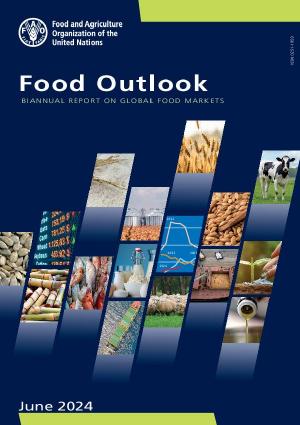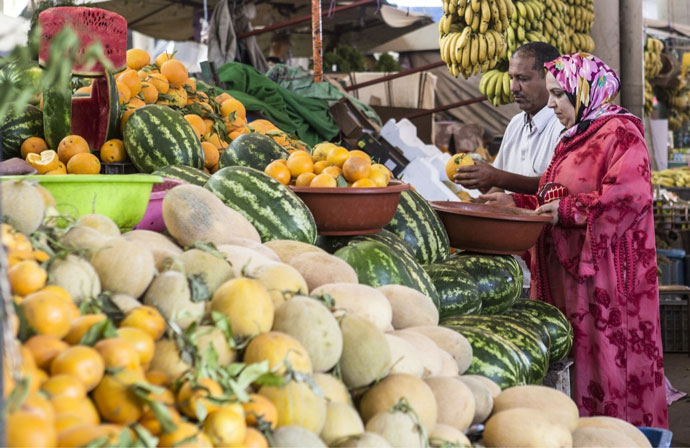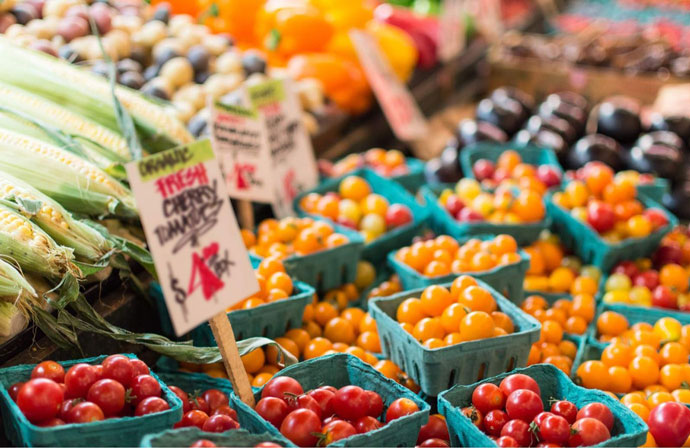Africa Agricultural Trade Policy Practitioners Network (ATPPN) is a regional network of agricultural trade policy practitioners in sub-Saharan Africa that aims to boost intra-African trade.
Through in-depth analysis, capacity development, technical assistance, and focused trade policy dialogue events, ATPPN provides countries with an opportunity to exchange ideas and foster partnerships in areas of mutual interest. ATPPN is joint initiative between FAO and the Trade Policy Training Centre in Africa (TRAPCA). It seeks to encourage practitioners and stakeholders involved in African trade and agriculture to take ownership of the related issues.
One key objective of the network is to improve cross-sectoral and cross-country collaboration on emerging policy issues and to support implementation of the African Continental Free Trade Area (AfCFTA), as well as other regional trade initiatives.
AfCFTA promises greater market opportunities, which can trigger more trade and investment, and allow greater value addition and productivity growth. This growth, in turn, can lead to more and better jobs with expected improvements in social inclusion and thus to further enlarged markets.
Publications

OECD-FAO Agricultural Outlook 2024-2033
02/07/2024
The Agricultural Outlook 2024-2033 is a collaborative effort of the Organisation for Economic Co-operation and Development (OECD) and the Food and Agriculture Organization (FAO) of the United Nations. It brings together the commodity, policy and country expertise of both organisations as well as input from collaborating member countries to provide an annual assessment of the prospects for the coming decade of national, regional and global agricultural commodity markets.

Food Outlook – Biannual Report on Global Food Markets - June 2024
13/06/2024
FAO’s latest forecasts point to increased production and higher stocks for several basic foodstuffs. However, global food production remains susceptible to shocks arising from weather conditions, geopolitical tensions, and policies. These factors could disrupt the delicate balance between supply and demand, impacting global food security.



